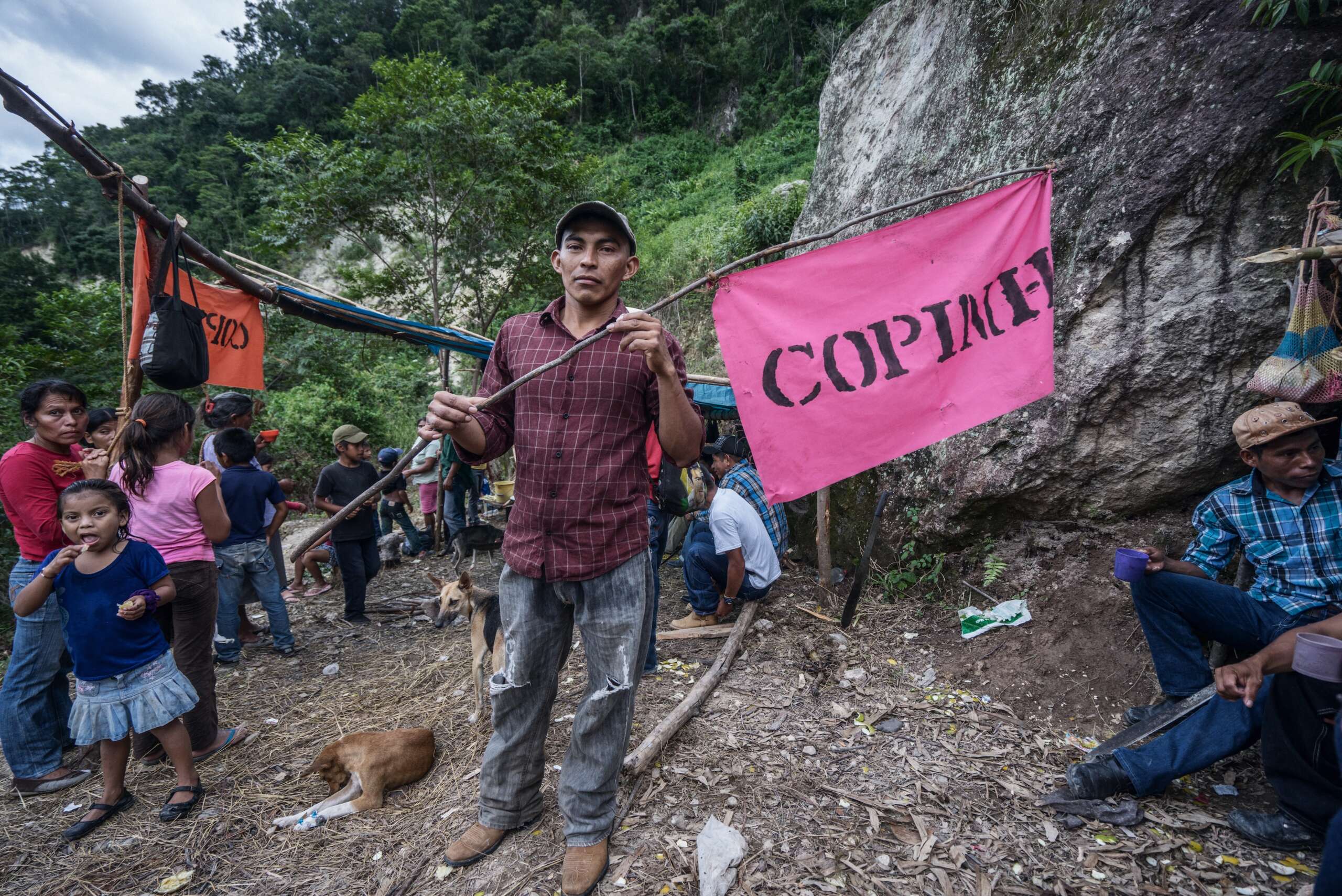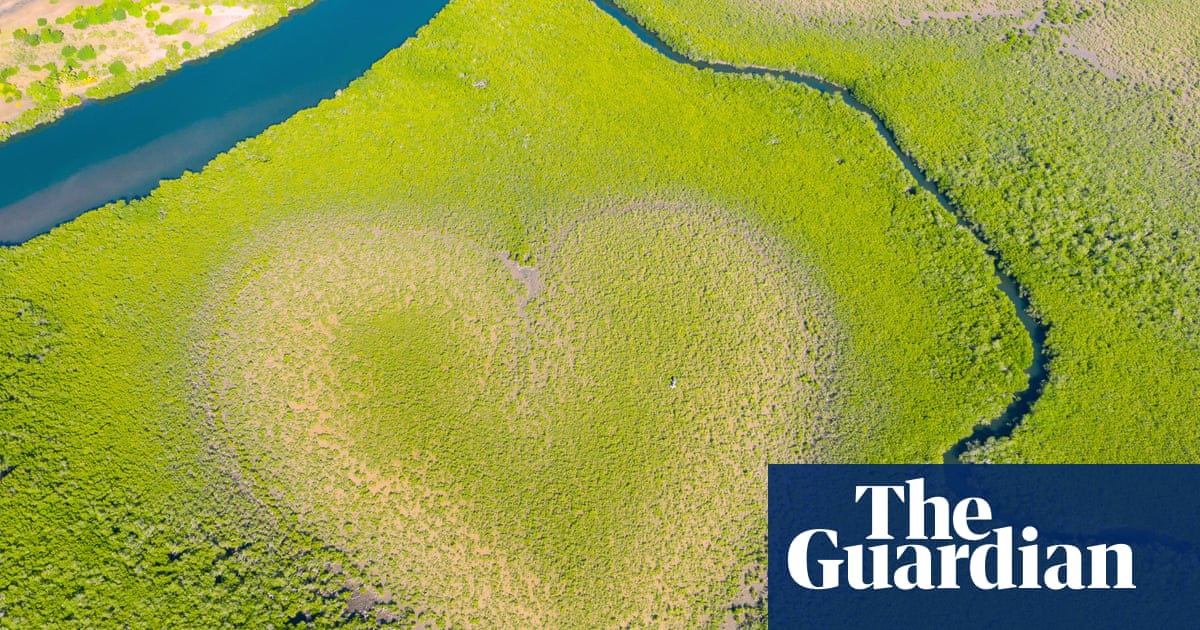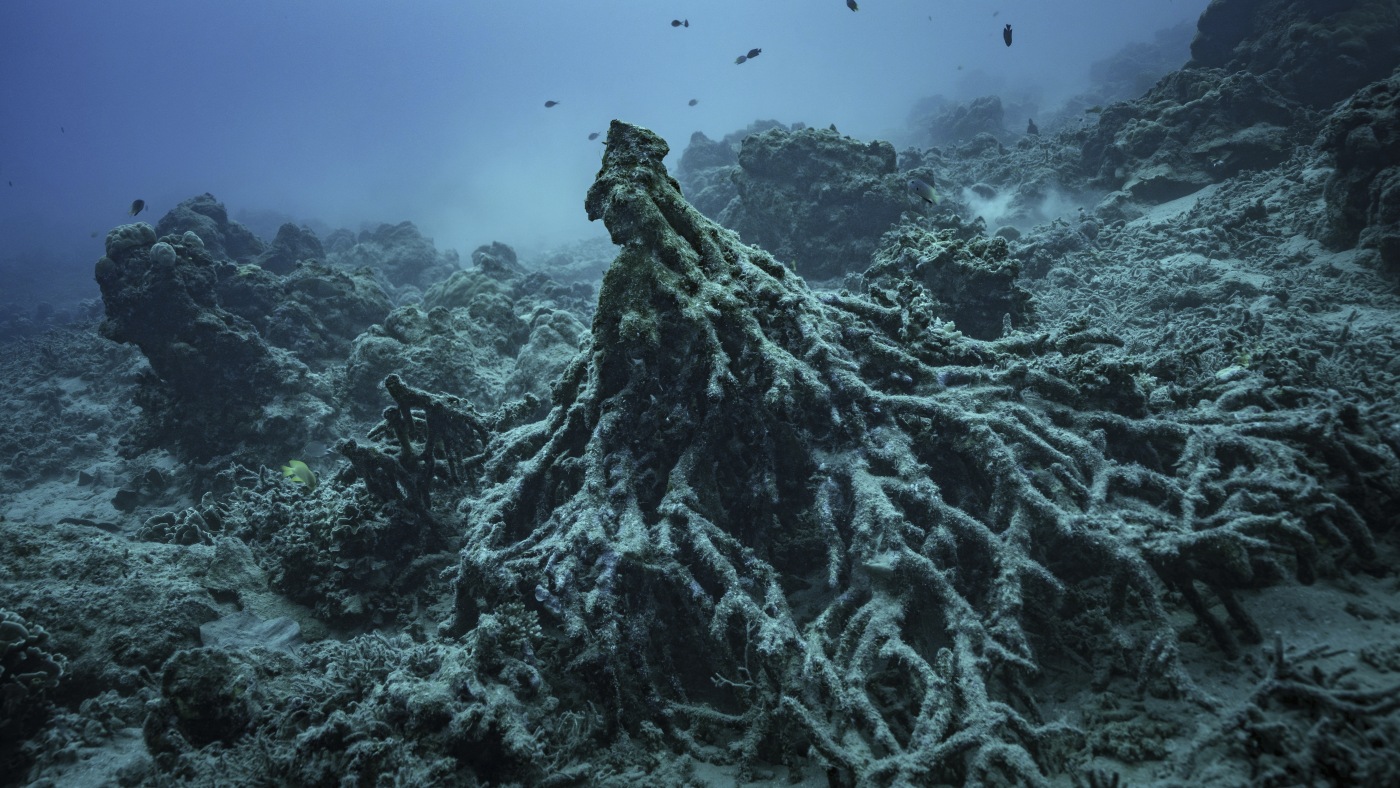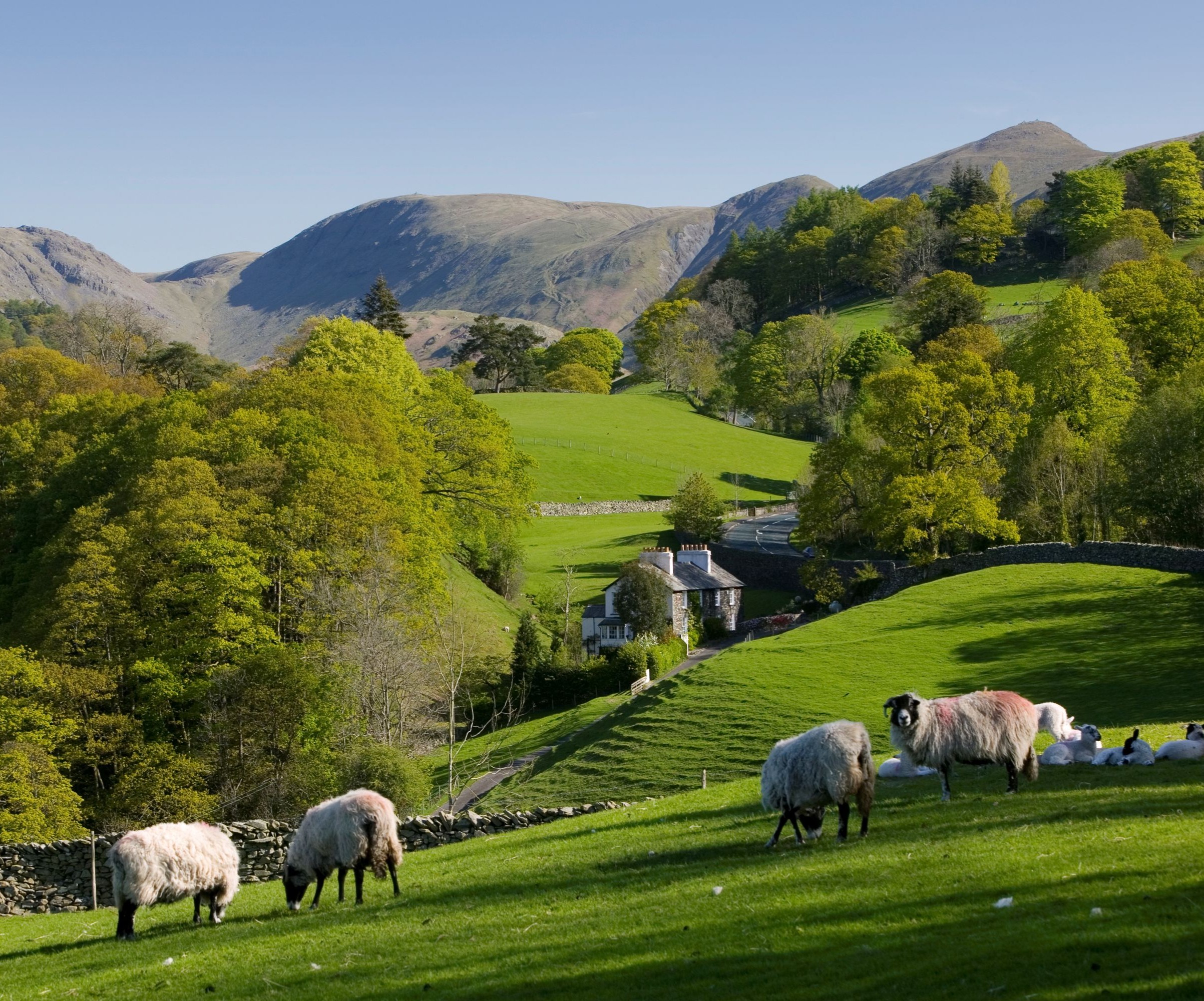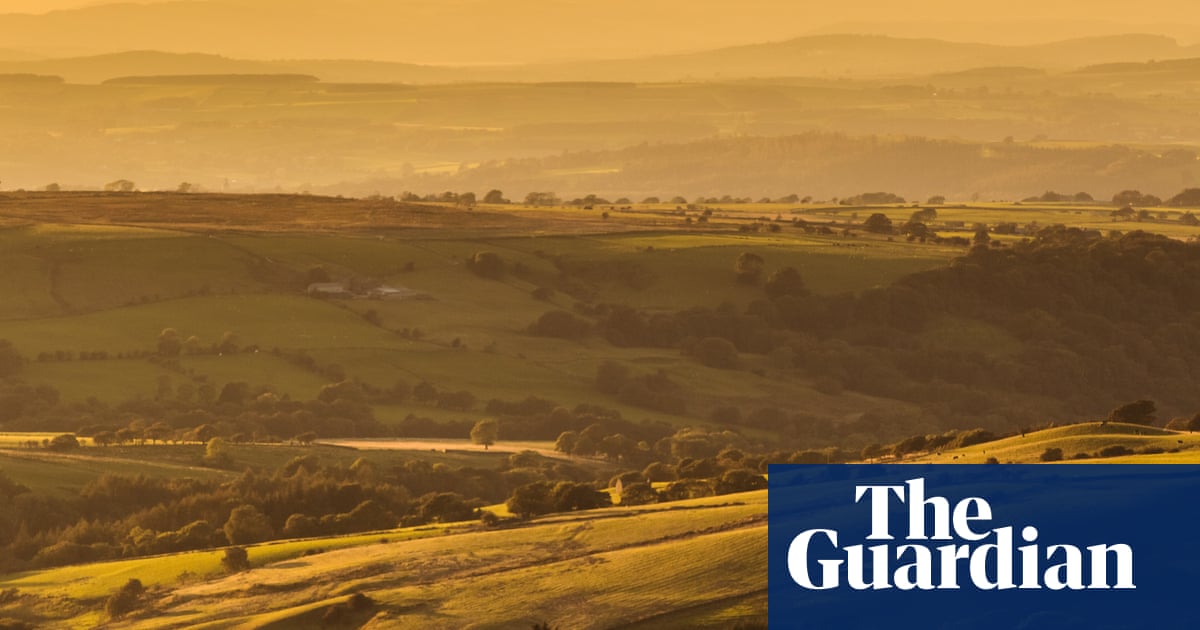#environmental-protection
#environmental-protection
[ follow ]
US politics
fromwww.mercurynews.com
1 week agoCalifornia sues the Trump administration over plans to restart oil pipelines along the coast
California sued the federal government over approval to restart Sable Offshore's two coastal oil pipelines, citing state regulatory authority and environmental risks.
fromwww.theguardian.com
2 months agoDevelopers met ministers dozens of times over planning bill while ecologists were shut out
The government's planning bill will reach its final stages before it is given royal assent in the coming days, after months of tussling between ministers, nature groups and ecologists. The government has promised to rip up the rules to allow 1.5m homes to be built by the end of this parliament as part of its push for growth. As last-minute wrangling over the reforms continues, peers have secured a key amendment that would ensure species such as dormice, nightingales and hedgehogs,
UK politics
fromwww.ocregister.com
3 months agoWill this 75-year-old East Bay man save our world, a new documentary asks
I could hear it in his voice, says Polsky on a recent video call, recalling DeLuca's hesitation to bring up his idea. He's like, This is kind of weird, and I don't know why I thought of you, but would you be open to hearing this really strange story that came across my desk?' Polsky, whose past film projects include documentary and feature films with collaborators such as Nicolas Cage, Wayne Gretzky and Werner Herzog, said yes.
Film
fromwww.theguardian.com
3 months agoIndigenous and environmental leaders in Ecuador say they are facing state intimidation
Indigenous and environmental leaders in Ecuador say they are facing a wave of state intimidation ahead of a national referendum next month on whether to rewrite the world's only constitution that recognises the rights of nature. The pressure is being applied by the rightwing president, Daniel Noboa, who has begun his second term with a Trumpian agenda of consolidating power and sweeping away legal and social barriers to extractivist businesses, such as mining.
World news
fromThe Walrus
3 months ago"A Subjugation": First Nations Chiefs Blast Carney's Nation-Building Scheme | The Walrus
There's plenty to be alarmed about. Born in the heat of US president Donald Trump's trade war, and out of the scramble to assert some measure of economic independence in an uncertain world, Bill C-5 is dressed in the language of efficiency. Should a mine or pipeline be judged vital to Canada, the nation won't wait. That speed comes, in part, from creating a single, expedited regulatory process.
Canada news
Environment
fromLondon Business News | Londonlovesbusiness.com
4 months agoHow oil spill cleaning safeguards work environments - London Business News | Londonlovesbusiness.com
Rapid professional oil spill cleaning prevents accidents, protects health and the environment, maintains operations, and helps meet safety and regulatory requirements.
fromFuncheap
4 months agoMillbrae Trashure Hunt "Coastal Cleanup Day" (2025)
Join us on California Coastal Cleanup Day, Saturday Sept 20, to keep our coast clean. We will be cleaning Millbrae Central Park and surrounding areas - keeping inland areas clean stops trash from entering our storm drains and polluting the bay! Cleanup supplies and a burrito lunch is provided to all participants! This Coastal Cleanup Day features a Trashure Hunt - pick up trash and hunt for special items to redeem gift cards!
Environment
fromwww.theguardian.com
4 months agoMinisters tell Environment Agency to wave planning applications through
Ministers have told officials at the Environment Agency to wave through planning applications with minimal resistance, as part of a major regulatory shakeup designed to increase economic growth and plug the government's financial hole. Officials at the agency say they have been told to do as little as legally possible to prevent housing applications from being approved, with the government also drafting in senior advisers from the housing department to speed up the process.
Environment
fromwww.cbc.ca
4 months agoA pit or a lake? Caledon's proposal to allow dumping at former quarry leaves town divided | CBC News
It is very risky in terms of groundwater contamination. As the motion currently stands there is no groundwater quality or quantity study. There is no ecological assessment.
Canada news
fromwww.theguardian.com
5 months agoDon't let Donald Trump undermine your faith in the climate fight | Gina McCarthy
Over the past decade, the United States has turned technologies into tools that strengthened our economy, delivered good-paying union jobs, cleaned up our air and water, conserved our precious natural resources, and saved families money all across our country. Yet now the country is choosing to cede that leadership, letting China dominate and control the clean-energy market across the world. It's no surprise that people are scratching their heads, wondering what happened.
US politics
Public health
fromTruthout
6 months agoPublic Health Experts Sound the Alarm as Trump EPA Eliminates Research Arm
The U.S. EPA's elimination of its scientific research arm threatens environmental protection and public health efforts.
Lee Zeldin's leadership at the EPA promotes deregulation and staffing cuts.
fromLondon Business News | Londonlovesbusiness.com
6 months agoSouthern Water issues a hosepipe ban affecting 1 million residents - London Business News | Londonlovesbusiness.com
"We have to respond to the widespread and prolonged dry weather affecting our region. In our case, this means a hosepipe ban for our customers in Hampshire and the Isle of Wight, to protect the health of our amazing chalk streams, which as one of the rarest habitats on Earth has been compared to the Amazon rainforest."
Environment
Miscellaneous
fromLondon Business News | Londonlovesbusiness.com
6 months agoWater firm issues hosepipe ban warning of a 1,000 fine for any breach - London Business News | Londonlovesbusiness.com
Yorkshire Water has enacted a hosepipe ban due to prolonged dry weather, enforcing strict restrictions and potential fines for violations.
Canada news
fromwww.cbc.ca
7 months agoAs this tiny frog disappears from Canada, conservationist warn fast-tracking bills put more species at risk | CBC News
The Blanchard's Cricket Frog is declared locally extinct in Canada, emphasizing the dire consequences of legislative changes on endangered species.
fromSFGATE
7 months agoWith public land sale not fully off the table yet, Big Sur is prepared
Keep Big Sur Wild maintains 'all capacity has already been exhausted' according to the land use plan. It allowed for a maximum of 300 units to be built. By our count, the cap has been exceeded by at least 5 units.'
Silicon Valley real estate
Coronavirus
fromwww.theguardian.com
7 months agoIt's death by a thousand cuts': marine ecologist on the collapse of coral reefs
Coral reefs face extreme threats from climate change, pollution, and overfishing, risking the future of marine biodiversity.
Loss of coral reefs could lead to significant ecological and environmental consequences, impacting biodiversity.
fromwww.mercurynews.com
8 months agoSargent Ranch: Landowners who proposed controversial quarry sell large chunk of property in Santa Clara County
"We are very pleased to have had the opportunity to collaborate with the previous landowner to have achieved such a positive outcome," said Gordon Clark, president of the Peninsula Open Space Trust.
Silicon Valley real estate
East Bay (California)
fromwww.mercurynews.com
8 months agoPebble Beach Company launches historic clean water initiative to protect Carmel Bay
Pebble Beach Company partners with environmental nonprofits to improve Carmel Bay water quality through a historic Clean Water Act permit for golf course discharges.
fromwww.theguardian.com
8 months agoWe carry on with the sadness': new projects honor life and legacy of Dom Phillips and Bruno Pereira
The book aims to highlight solutions for preserving the world's largest tropical rainforest, focusing primarily on the experiences of its Indigenous peoples and other inhabitants.
UK news
[ Load more ]





